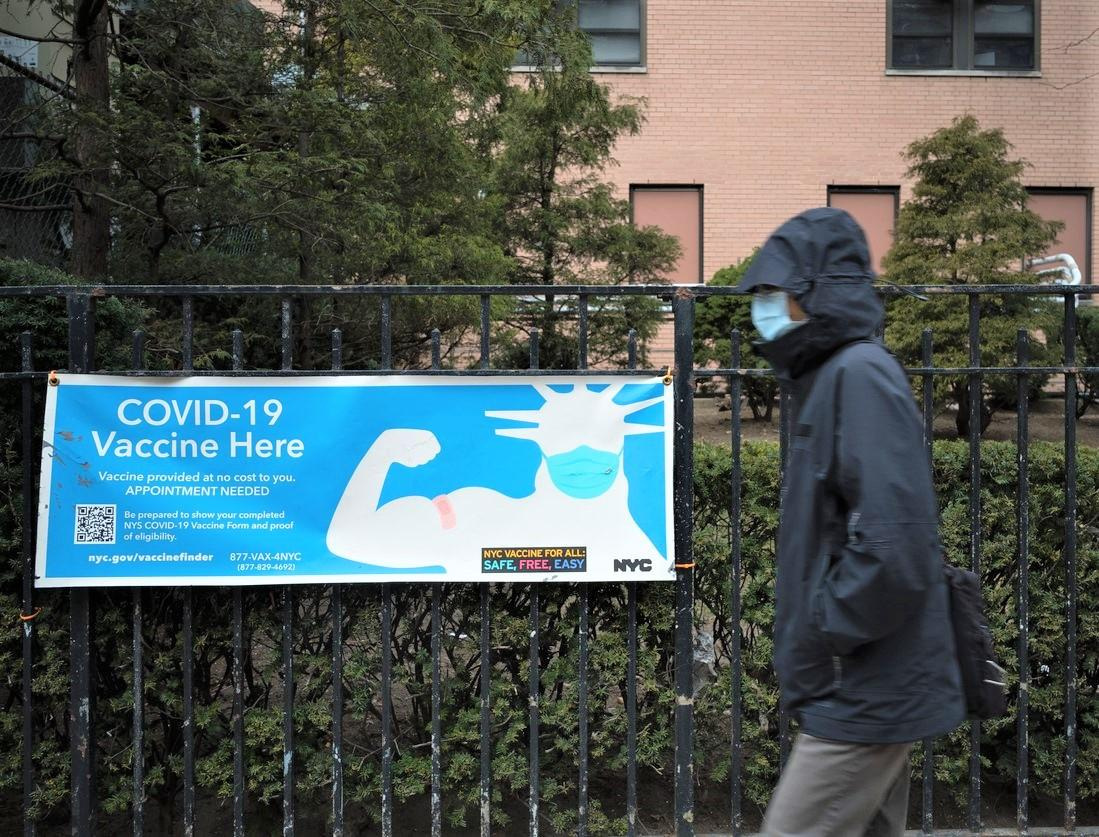The Advanced Research Projects Agency for Health (ARPA-H) this week announced the launch of the Building Resilient Environments for Air and Total Health (BREATHE) program, which is a platform with a goal of improving indoor air quality across the country.

ARPA-H is a funding agency that supports research that could result in biomedical and health breakthroughs. The Biden administration proposed ARPA-H's creation, and its establishment within the Department of Health and Human Services was approved by Congress and signed into law in March 2022.
The agency said the BREATHE program focuses on enabling the next generation of "smart buildings" that have integrated systems that continually assess, measure, and report indoor air quality and make real-time interventions such as extra ventilation or disinfection to reduce airborne threats to human health.
The platform will engage experts across a range of specialized areas, including molecular diagnostic testing and biosensor instrument developers, data analysts, risk-assessment software developers, property management firms, building automation system providers, healthcare systems and hospital network professionals, and long-term care facility operators.
First targets include biosensors, risk assessment
ARPA-H will be asking for proposals in three technical areas: creating indoor air biosensors to detect airborne biothreats rapidly; developing respiratory risk assessment software to determine whether health impacts are likely; and optimizing building controls for enhanced health and energy efficiency.
As we experienced through the pandemic, having the ability to monitor, track, and improve the air we breathe indoors is urgently needed.
BREATHE Program Manager Jessica Green, PhD, said though Americans spend 90% of their lives indoors, most efforts focus on threats from outdoor air. "As we experienced through the pandemic, having the ability to monitor, track, and improve the air we breathe indoors is urgently needed. BREATHE aims to revolutionize public health by transforming our ability to eliminate indoor air threats."














